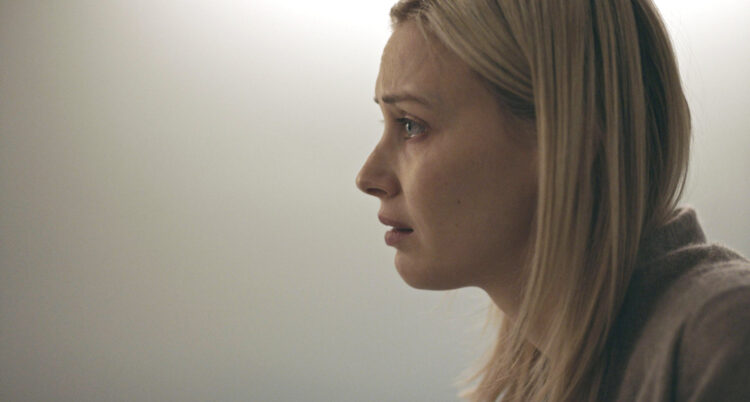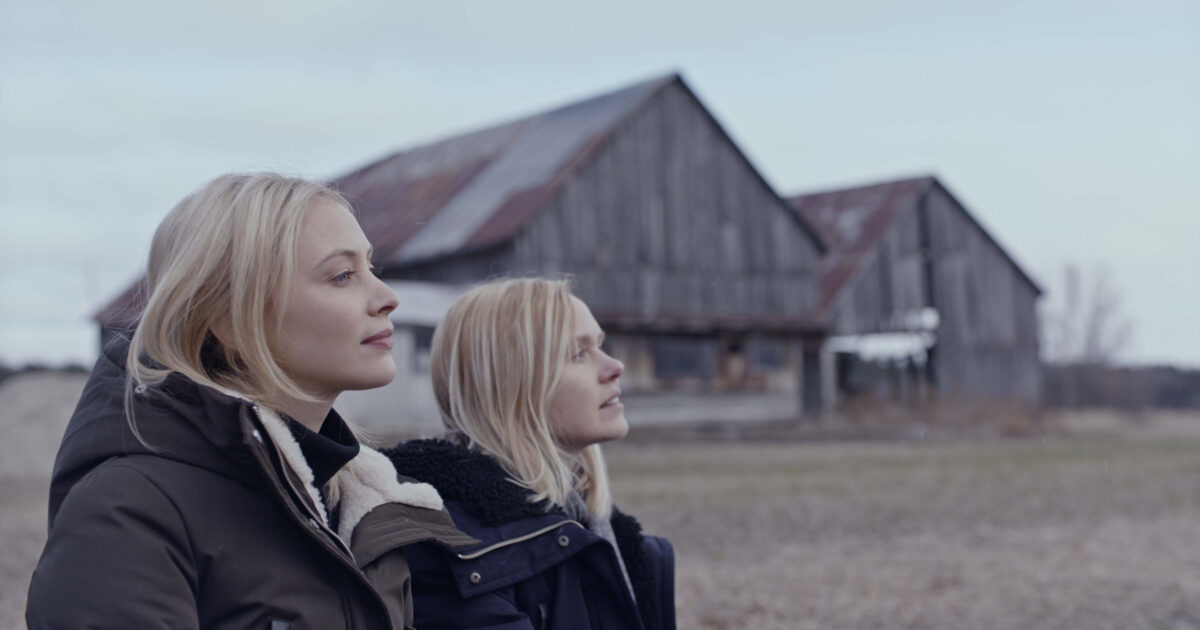Michael McGowan’s drama, All My Puny Sorrows, is shot through with fragments of melancholy, despair and dread.
Scheduled to open in theatres in Canada on April 15, it is based on a book by the Canadian novelist Miriam Toews, and focuses on two accomplished sisters, Yoli (Alison Pill) and Elf (Sarah Gadon), whose lives offer a glimpse into the fragility of the human condition.
Yoli, a novelist in her mid-30s, has reached a nadir. “My entire life is fucked up,” she says in anger and frustration.
The novel she is trying to finish is not going well. Her marriage has ended, and she is under pressure by her husband to sign divorce papers. Her current relationship with a lover is joyless. Her beloved sister, a concert pianist, has tried to kill herself. Yoli is haunted by the suicide of her father a decade ago. And she and her rebellious 16-year-old daughter are sometimes at odds.
Despite all her problems, Yoli must stay focused on helping Elf, whose desire to cope has dribbled away. It is by no means clear why Elf is suicidal, but her resolve is unshakeable. “I wanted to die,” she tells Yoli from her hospital bed. “This was not a mistake.”
Their mother (Mare Winningham) is still traumatized by her husband’s death, and blames herself for Elf’s troubles. Elf’s husband knows she’s on shaky ground. As he acutely observes, she will have nothing to live for unless she can resume her concert tour.
All My Puny Sorrows takes place in a small town on the prairies, and is replete with flashbacks of Yoli’s and Elf’s strict Mennonite upbringing. In one of these scenes, Elf’s father, steeped in conservative social and religious values, voices disapproval of her interest in music and her intention to be a pianist.
This is a somber and contemplative movie, leaving literary references to Virginia Woolf and Samuel Taylor Coleridge in its wake. As it unfolds further, Yoli declines to talk about the progress of her novel. And in a revealing scene, she looks utterly bored as she and her boyfriend engage in mechanical sex.
Pill and Gadon are excellent in their respective roles, conveying pain and anguish effortlessly.
The hospital scenes are uniformly grim. Elf is intent on ending her life at an assisted-suicide facility in Switzerland and hopes Yoli will be by her side when she draws her last breath. Yoli tries to dissuade her from embarking on that trip. “If you love me, you’ll take me,” Elf counters.

In the meantime, Elf is unwilling to speak to a psychiatrist who may be able to help her work out her problems. As the sisters continue their conversation, Yoli attempts to lift Elf’s spirits, but to no avail.
A subplot is introduced when they learn that their aunt, to whom they are close, requires heart surgery. The pent-up tension weighs heavily on Yoli. In a fleeting but telling scene in a parking lot, she needlessly lashes out at a stranger and his wife.
Elf is released from hospital after falsely claiming she has recovered. Yoli warns the psychiatrist that Elf is pulling the wool over his eyes.
Refusing to be crushed by the gloom and doom of her environment, Yoli realizes there is no “smooth road into the future.” Her mother agrees. “We’re meant to move on,” she says, adding that “the pain of grief is just as painful as the grief itself.”
McGowan directs with skill and assurance, producing a film that will surely survive the test of time.
